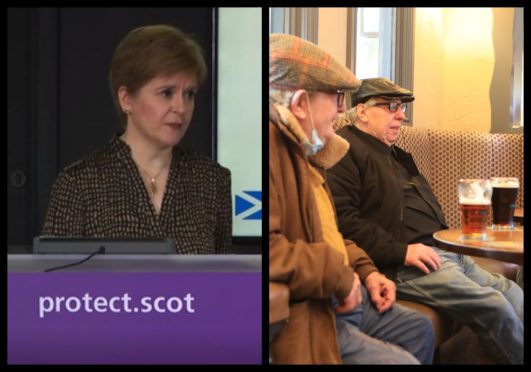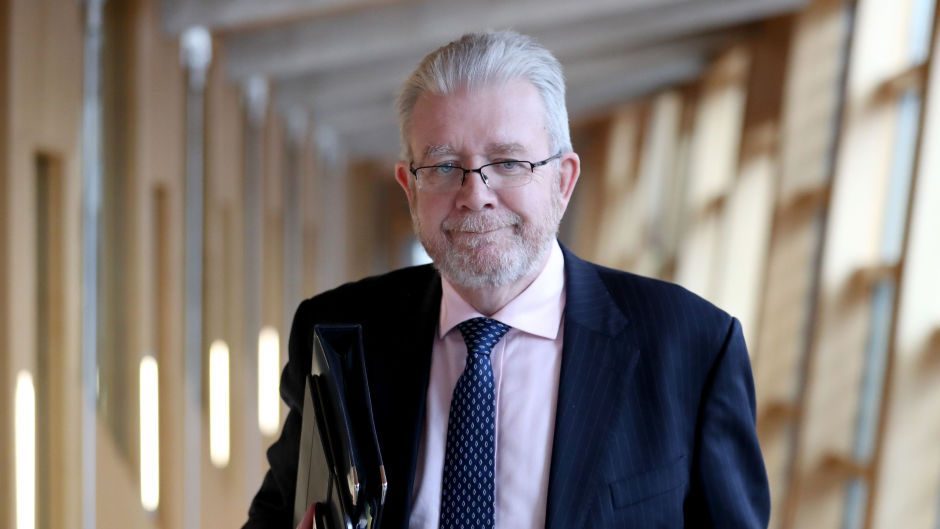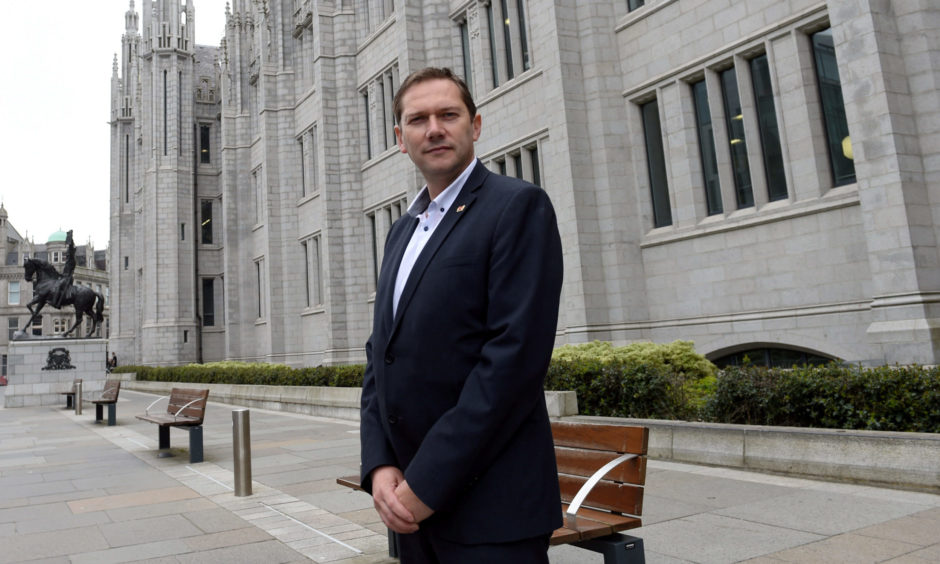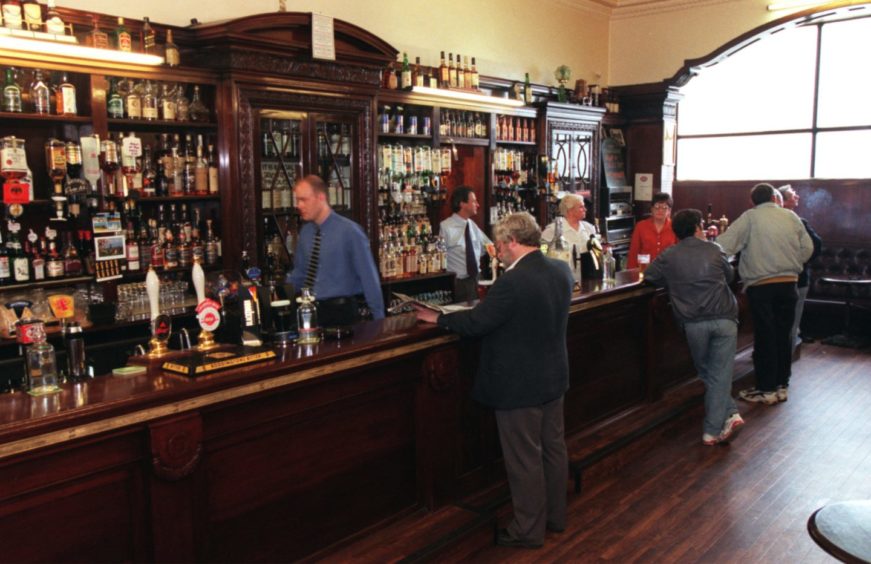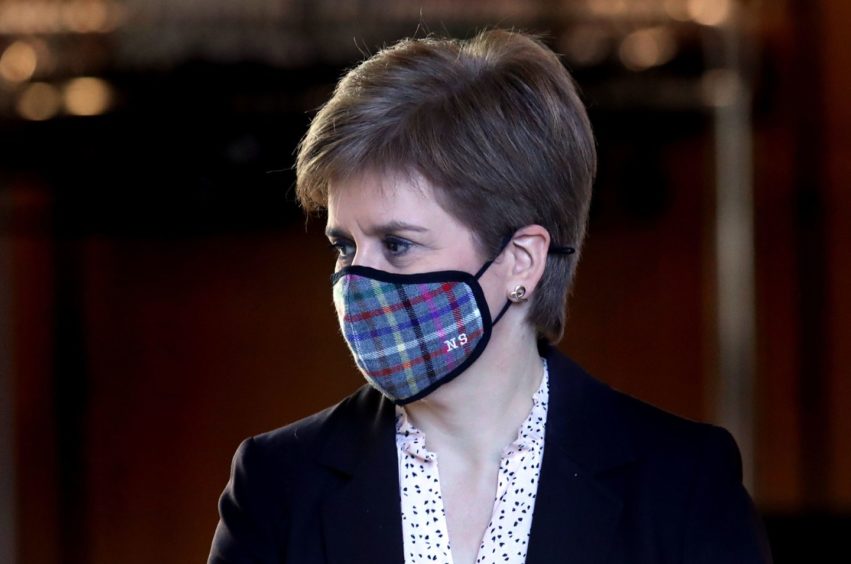Businesses across the north and north-east have been left waiting for answers over what access they will be given to emergency funding to help firms survive a two-week ban on serving alcohol indoors.
Nicola Sturgeon revealed the first details of a support package for hard-pressed pubs and restaurants on Friday but the Scottish Government was unable to say whether those outside the central belt will be allowed to apply for the vital cash.
The support has been put in place to mitigate tough new rules which have seen businesses across central Scotland told to shut up shop for 16 days, while many others in the rest of the country face tight controls on how they can operate.
The controversial legislation, which was signed-off by constitution secretary Mike Russell just six hours and five minutes before coming into force on Friday, has been described as a “death sentence” by industry leaders.
Speaking during her daily briefing from Edinburgh, the first minister said the £40 million package would be split into three strands: employment support, cash grants for businesses forced to close and discretionary funds given to local authorities.
Ms Sturgeon said cash grants between £1,000 and £1,500 would be available to businesses “required to close or reduce their operations”, and the discretionary fund would be set up for other firms who do not fall into this category.
However, she did not specify whether businesses outside the central belt, who were not directly forced to close under the legislation, would be allowed to apply for cash grants or discretionary funding, and what level of support would be available.
The Scottish Government was unable to clarify the situation and issued a press release late on Friday – after new restrictions had already come into place – which appeared to contradict specific details given by the first minister earlier in the day.
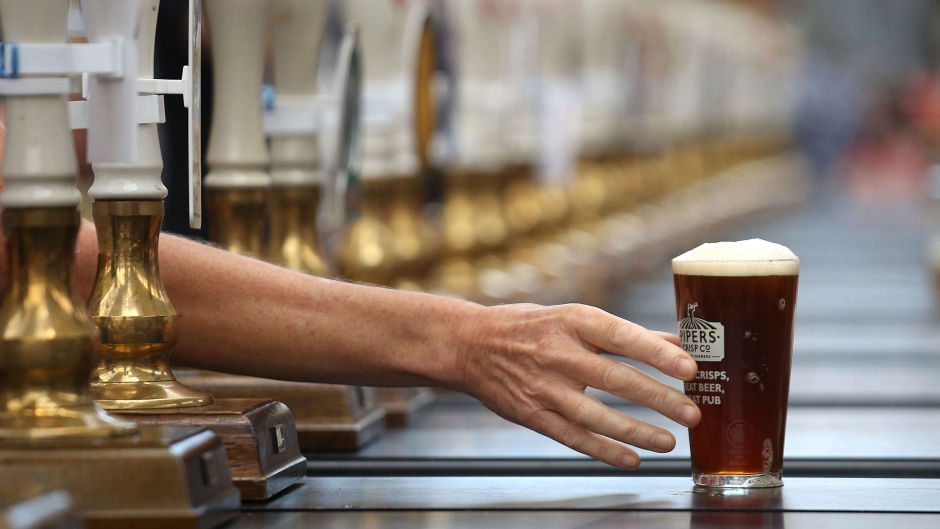
It stated one-off grants of up to £3,000, depending on rateable value, will be provided to bars, restaurants and other businesses “required to close by regulations”.
Grants of up to £1,500 will support “business that remain open but are directly impacted by the restrictions, including those in the direct supply chains of firms that must close from tonight”.
Up to £9 million of funding will help with the costs of re-furloughing staff by supporting the 20% salary contribution required by the UK Government.
And a discretionary fund of up to £11 million will help businesses that need support but do not fall into those categories, with the government giving the example of soft play centres that have been unable to reopen this month.
Concerns have been raised over whether hospitality firms based in the north and north-east could miss out on support if they have not been told directly to close but their circumstances make trading under the new rules impractical.
Aberdeen City Council co-leader Douglas Lumsden said on Thursday his “main concern” was that business owners forced to take matters into their own hands because of a downturn in trade could be ineligible for the funding.
Scottish Conservative economy spokesman Maurice Golden called on the Scottish Government to provide “urgent clarity” for the already struggling hospitality sector.
“While businesses here are not facing the tightest restrictions, it’s clear that they are still going to be majorly affected,” Mr Golden said.
“They need urgent clarity from the Scottish Government on any money they will be able to access over the coming weeks. Right now, they face great uncertainty and a fear that they won’t be treated fairly.
“We have seen the chancellor step up with yet more measures to protect jobs and livelihoods. Now it is time the SNP government urgently do the same.”
Stephen Montgomery, spokesman for the Scottish Hospitality Group, warned the support fund itself may be insufficient to save the thousands of jobs at risk.
“The £40 million allocated by the Scottish Government doesn’t even touch the sides,” he said. “Stretching across 20,000 licensed Scottish premises it amounts to just £1,000 per week per unit – leaving an average shortfall of £6,000 per premises.
“It is not viable and compared to Liverpool, which is paying four times this level of support, it demonstrates the government’s lack of knowledge and recognition of our input to the country’s economy.”
There was further confusion on Friday after cafes in the central belt area were told they can remain open, even if they are licensed, as long as they don’t sell alcohol – a U-turn on the government’s previous position.
Licensing laws make no distinction between cafes and restaurants but new legislation published on Friday classified cafes as establishments “where the primary business activity…is the sale of non-alcoholic drinks, snacks or light meals”.
Speaking just hours before the new restrictions came into force, Ms Sturgeon admitted there had been a “lack of clarity” but said businesses should close if they are still unsure of their position.
“If a premise is in doubt, they should close until an environmental health officer tells them that they think they fall within the definition,” she said.
“Now, if cafes are finding this difficult, then the only alternative we will have is to say anybody with a licence should close.”
A new record high of 1,246 new coronavirus cases were confirmed through a test overnight into Friday – 16.2% of all those who were tested – and the deaths of six people were registered, taking the total to 2,544.
